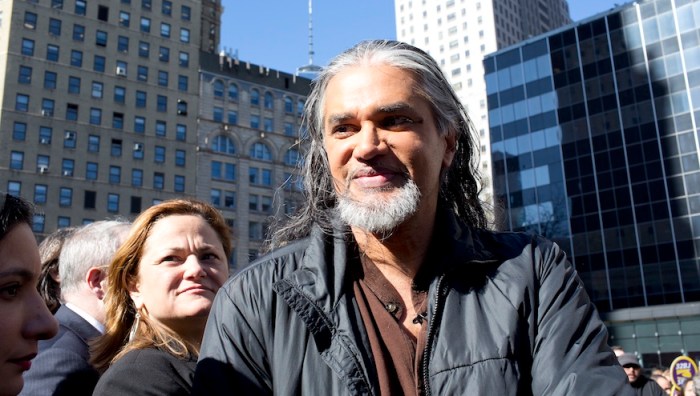Many immigrants’ lives have been filled with tension due to President Donald Trump’s words and policies, including his controversial “Muslim ban” executive order which is currently pending in court.
So, the Massachusetts Institute of Technology decided to look at what roles immigrants play in Boston’s economy.
“Immigration is a controversial topic in the public discourse today,” the report asked. “Are we a stronger nation and economy because of our historic openness to immigration or should we close the borders and restrict access? What would happen to the economy if we took these steps? … The goal of this report is to answer these questions for the Boston area.”
And how important are immigrants to the Boston region’s workforce?
“The answer is straightforward — they are essential,” the report stated.
More than one in four employees between 25 and 64 years old in Greater Boston were born abroad, according to MIT. Different industries have a different rate of immigrant employees, the report found, but there are 18 industries in Boston for which immigrants make up 20 percent or more of the workforce.
In the child care and retail industries, immigrants comprise 26 percent of each of those workforces; In the hotel industry, immigrants are 56 percent of the workforce.
When it comes to specific occupations, that number continues to climb in a few areas. For office and administration, 22 percent are immigrants. For food serving, dishwashing and food prep, 41 percent are immigrants and for cooks, 60 percent. Maids, janitors and those who do building and grounds work has the highest rate with 64 percent staffed by immigrants.
The report also notes that immigrants continue to move into the Boston area. In 2015, 54 percent of all working age people who moved to Boston were immigrants. Of that group, two-thirds came directly from abroad.
Though immigrants are a big part of our local economy, more work needs to be done to set them up for success here, the report says. For example, between 2014 and 2015, employed immigrants earned a median annual income of $36,000. Natives earned more than $51,000 in that time.
Education levels also vary between immigrants and natives; 40 percent of immigrants only have a high school education compared to 22 percent of natives.
The report was commissioned by Jewish Vocational Service, which provides education and skills training to immigrants in Boston and conducted by Paul Osterman, co-director of the MIT Sloan Institute for Work and Employment research.



















